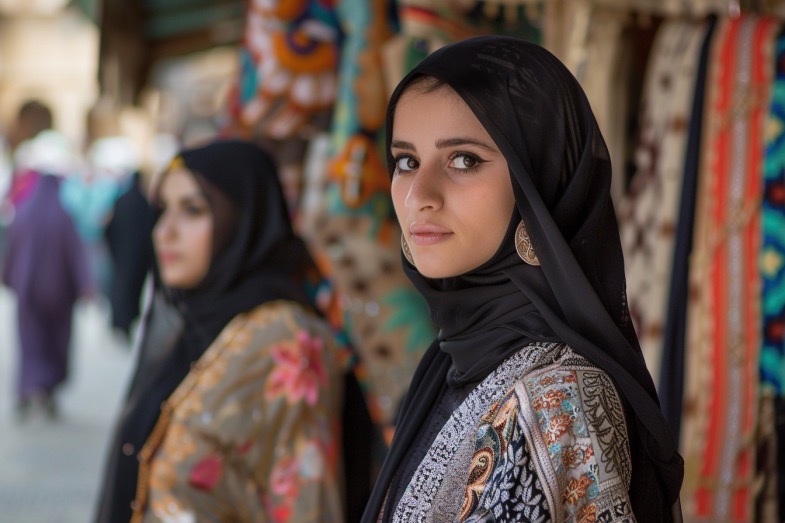Chad Prepares to Transition to Democratic Rule with Presidential Vote
N’DJAMENA — In a historic move, Chad is poised to become the first of Africa’s current junta-led states to shift to democratic governance through Monday’s presidential election.
This marks the conclusion of a three-year transition period necessitated by the sudden demise of long-time leader Idriss Deby Itno during clashes with rebels.
However, with Gen Mahamat Déby, Deby’s son and successor, emerging as a frontrunner in the race, questions linger about the potential for real change.
Prime Minister Succès Masra stands as one of Gen Déby’s chief competitors and is viewed as his primary rival in the polls.
Despite nine other candidates vying for the presidency, including notable figures such as Nassour Ibrahim Neguy Koursami and Rakhis Ahmat Saleh, the constitutional council disqualified ten individuals due to alleged “irregularities”, with Koursami facing accusations of forgery.
Yet, critics argue that the exclusion of certain candidates was politically motivated.
One potential contender, Yaya Dillo, met his demise at the hands of security forces in February while purportedly leading an assault on the National Security Agency headquarters in N’Djamena.
Activists have called for a boycott of the election, denouncing it as a tactic to legitimize the Deby dynasty under the guise of democracy.
Many dissidents remain in exile following a violent crackdown on dissenters following protests in October 2022.
Nonetheless, Chad’s electoral process holds significance for nations in West and Central Africa grappling with military rule in the aftermath of a series of coups since 2020.
It may offer a blueprint for junta regimes seeking to retain political influence after seizing power illegitimately.
The oil-producing nation, home to nearly 18 million inhabitants, has not experienced a peaceful transfer of power since gaining independence from France in 1960.
Idriss Déby seized power from Hissène Habré in 1990 and held sway for the ensuing three decades until his demise on the battlefield in April 2021 at the age of 68.
His 40-year-old son assumed leadership in what critics labeled a constitutional coup, initially pledging to serve as interim head for just 18 months, a timeline that was subsequently extended. He also vowed not to run for president.
Gen Déby has sought to allay concerns about perpetuating a dynasty.
“If I am elected, I will serve my five-year term and at the end of my term, it will be up to the people to judge me. As for a dynasty, our constitution is very clear – a candidate cannot serve more than two successive terms,” he conveyed to the France 24 TV channel.
Mr Masra, also 40 years old, assumed the role of prime minister under Gen Déby’s administration in January following a pact to mend the political schisms arising from the October 2022 demonstrations.
The economist has faced allegations of betraying the opposition, yet he has refuted rumors of a clandestine post-election power-sharing arrangement with Gen Déby.
He implores Chadians to elect him to terminate six decades of “obscurity” and “darkness” in the nation.
The populace is yearning for change in Chad.
However, as the election nears, a sense of hope mingled with despair prevails.
There is hope that the outcome, regardless of the victor, could herald a new era of youthful leadership in the country, yet despair looms as life has grown increasingly challenging for many over the past three decades.
The election results are slated for release by May 21, with a potential second round in June if no candidate secures over 50% of the vote in the initial round. — BBC



